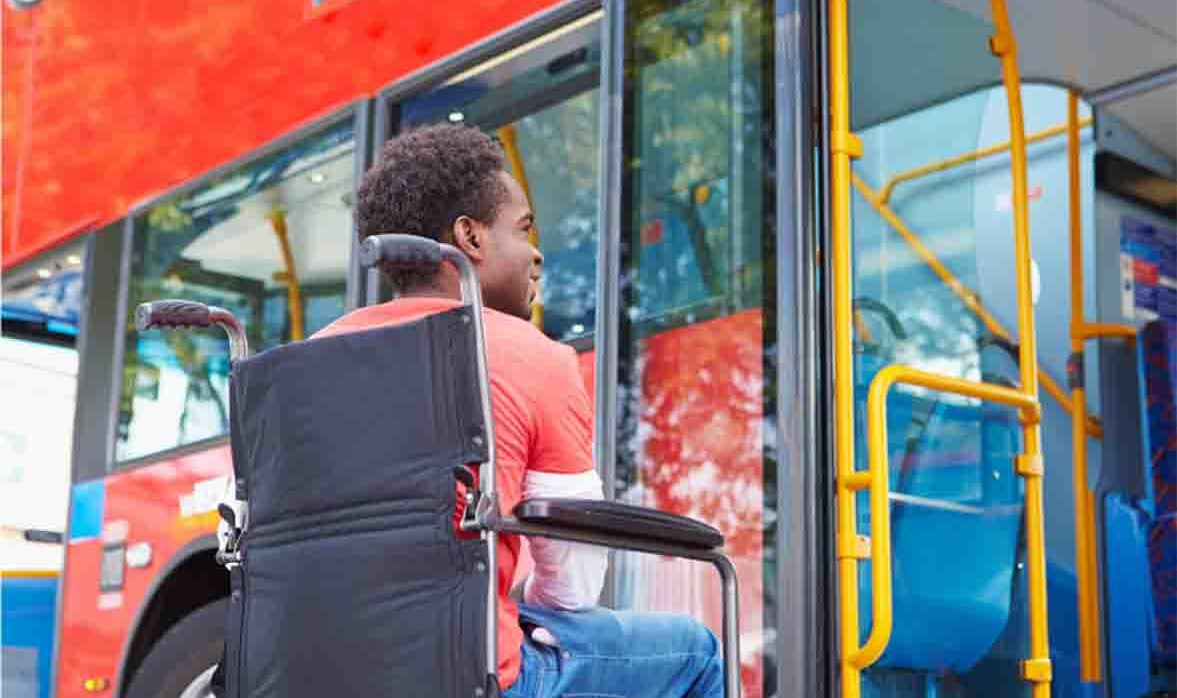Introduction to the research
In 2022, we worked with Britain Thinks to research how experiences of travel and transport have changed for disabled people since the Covid-19 pandemic began and what this might mean for access to transport in the future.
The Covid-19 pandemic has undoubtedly affected the way disabled people travel.
Disabled people told us there is continued uncertainty around risks to their health and wellbeing when leaving their homes.
But there are innovative and practical ideas shared by our research participants about what could make transport more accessible in a post-pandemic world.
*Disclaimer: Motability Foundation are not responsible for any external content or advertising that follows this video on YouTube.
Key findings
- Disabled people have been disproportionately impacted by the pandemic. 65% of disabled people agreed they were concerned about risk of infection, as compared to 49% of non-disabled people.
- Additionally, 40% of disabled people agreed their health had deteriorated due to Covid-19, as compared to 15% of non-disabled people.
- 38% of disabled people surveyed felt that they had to undertake significant planning to make a journey during the pandemic, compared to 25% of non-disabled people.
- 1 in 3 (32%) disabled people surveyed said they found the attitudes and behaviours of other passengers or motorists a challenge when travelling during the pandemic.
- During the pandemic, those who had access to a suitable private vehicle overwhelmingly chose to travel this way, due to risk of infection when interacting with others on public transport. However, the cost-of-living crisis threatens to disrupt this ‘new normal’ of travel for participants, as some are finding the rising cost of fuel is making travelling by car unsustainable.
Personal experiences: lack of awareness
In this video, Leigh and Kellie share their experiences of using transport and their concerns over the lack of awareness from other passengers, especially when it comes to non-visible disabilities.
*Disclaimer: Motability Foundation are not responsible for any external content or advertising that follows this video on YouTube.
Personal experiences: rising cost of living
The rising cost of living crisis is a big concern for the people surveyed as part of this research. In this video, Jenny and Thomas share their thoughts.
*Disclaimer: Motability Foundation are not responsible for any external content or advertising that follows this video on YouTube.
Personal experiences: support from staff on public transport
Kellie and Thomas talk about the benefits of having staff on hand to support them when using public transport.
*Disclaimer: Motability Foundation are not responsible for any external content or advertising that follows this video on YouTube.
What makes a good accessible solution?
Our research participants developed five key principles as criteria that are important for a good solution to overcoming transport challenge.
Accessible transport solutions should:
- be adaptable
- be affordable
- avoid stigma
- promote independence
- be reliable






